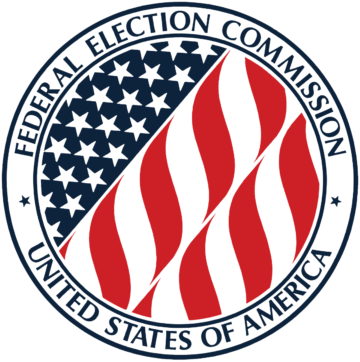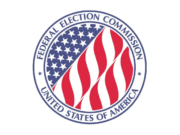On Tuesday, CCP Chairman Brad Smith and CCP Senior Legal Fellow Eric Wang participated in a panel, “The Future of the Federal Election Commission (FEC),” held at The George Washington University Law School. The event was sponsored by Citizens for Responsibility and Ethics in Washington (CREW), but was designed to be a neutral forum in which First Amendment advocates and “reformers” could engage in a respectful dialogue. Much to CREW’s credit, the event was both respectful and informative.
Much of the discussion centered around claims that the FEC is “dysfunctional” or that it “deadlocks” on 3-3 votes. But, as Smith and Wang both noted, many of these “bugs” of the FEC are actually features. While the current commissioners are all serving expired terms, the FEC is still capable of performing all of its functions, and the commissioners still have full authority to carry out their duties. Smith also pointed out that when the Commission votes 3-3 on an enforcement matter, that’s not a “deadlock”; if the FEC can’t get bipartisan support from at least 4 commissioners, then an investigation or enforcement matter ends. The FEC was designed to require bipartisan support, so that neither party could use the machinery of the Commission to unfairly attack the other party.
The panel also discussed the recent trend toward pushing free speech regulation through agencies like the Federal Communications Commission (FCC) and the Securities and Exchange Commission (SEC). As Smith noted, the “reformers” are attempting to go through other agencies because they simply can’t get the laws they want through the FEC. But, Smith added, it’s simply bad government to make an agency like the Internal Revenue Service (IRS) handle political disclosure when it has no expertise in the area. Moreover, there is already a long history of both parties using the federal government to punish political enemies. Agencies like the IRS have been trying to get out of politics for a long time, a self-evidently wise decision.
The hand-wringing from the “reformers” about the FEC often comes down to the fact that neither the American people, nor the Constitution, support the way the reformers think campaign finance law should be. The FEC, just like any bureaucracy, isn’t perfect. CCP recently submitted extensive comments on how the Commission can improve its enforcement process. But what the reformers often characterize as complaints about the “dysfunction” of the FEC are really just complaints about the protections of the First Amendment for political speech.
Watch the video of the event below:














